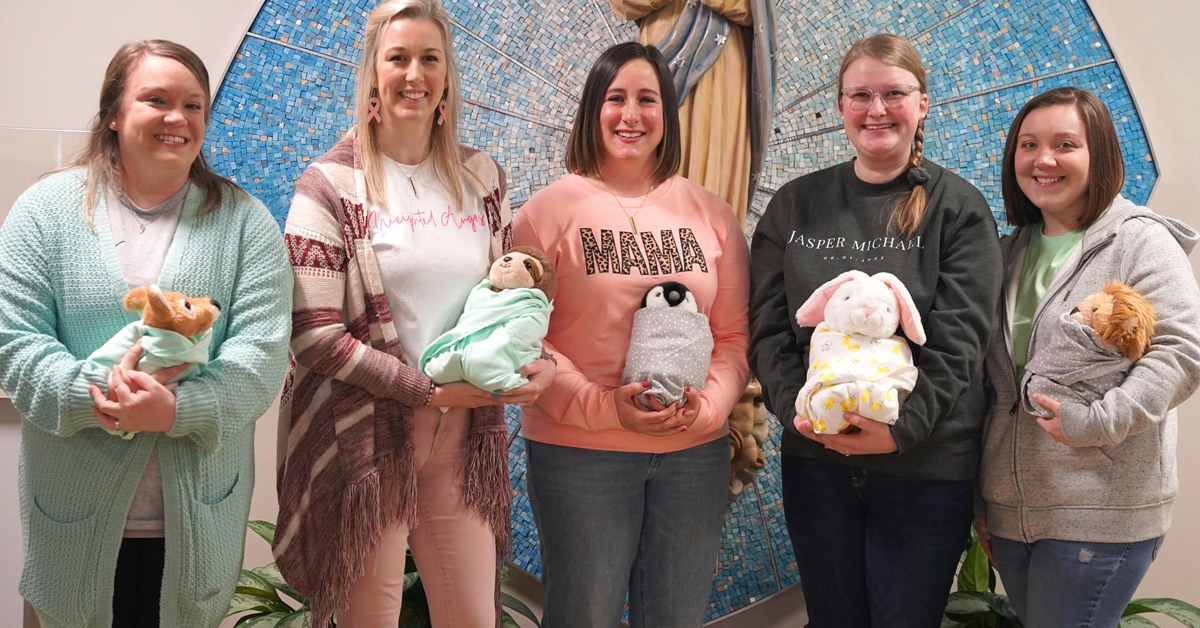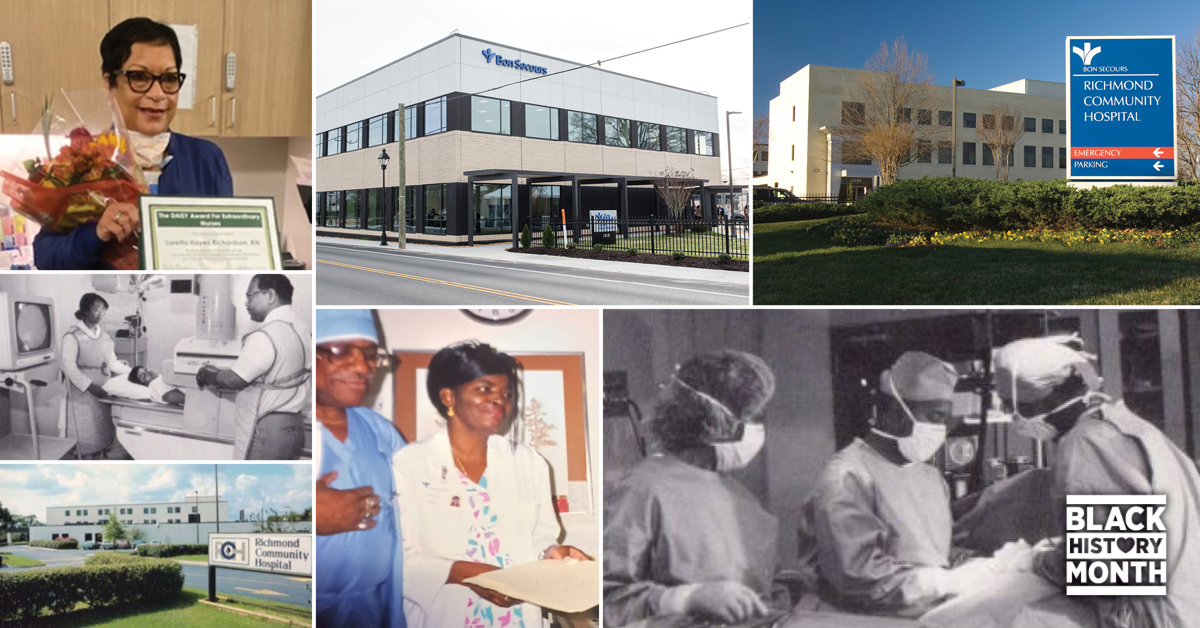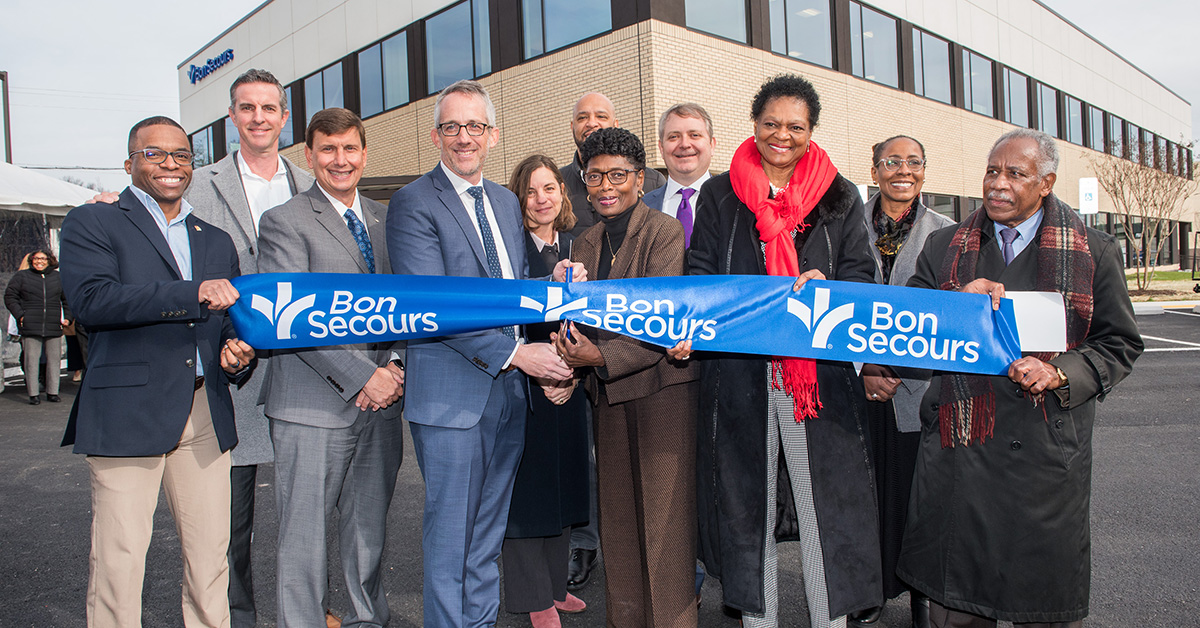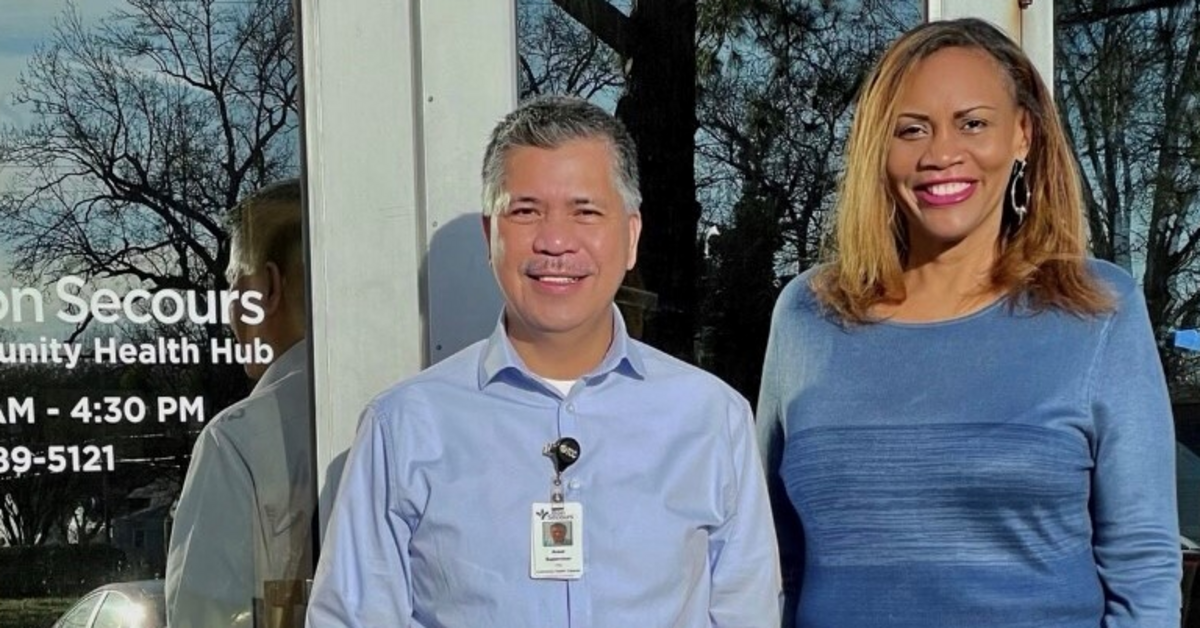Contact tracing programs are being developed by the Centers for Disease Control and Prevention (CDC), along with state, tribal, local and territorial health departments. These programs help identify, monitor and provide support to people who have been exposed to someone who tested positive for COVID-19. The goal is to help people figure out if they should be tested for COVID-19, self-isolate, or self-quarantine to prevent further spread of the virus.
How does contact tracing slow the spread of COVID-19?
Contact tracing programs allow health departments to:
- Let people know if they have been exposed to COVID-19 and therefore need to monitor for symptoms.
- Help people who may have been exposed get tested.
- Ask people to self-isolate if they have COVID-19, or self-quarantine if they have been in close contact with someone who has tested positive.
How can you participate in contact tracing programs?
If you test positive for COVID-19, you are assigned a public health staff member who will open a case investigation. This staff member will help you remember everyone you’ve been in contact with during the time you may have been infected, then contact those individuals to let them know they should monitor their health or be tested as well.
Your name and information are never shared with anyone, so your privacy is protected.
Anyone can participate in their local contact tracing program in the following ways:
- Enroll in text message or email
- Download a proximity tracing/exposure smartphone app, which uses existing Bluebooth and GPS information from your cell phone about your location. It then alerts you if you’ve been in the same area as a person who has been diagnosed with COVID-19.
What to do if you have been in contact with someone who has COVID-19
If you’re contacted by the health department or know you’ve been in contact with someone who tested positive for COVID-19, you should:
- Self-quarantine at home and stay away from others for at least 14 days.
- Wear a mask if you must be around others while maintaining a distance of at least six feet at all times.
- Wash your hands
- Monitor your health for symptoms of COVID-19, such as cough, shortness of breath and fever. Let your health department know if you develop any symptoms. Call your doctor if they worsen and you need medical care.
Stay updated on what Bon Secours is doing related to COVID-19.





